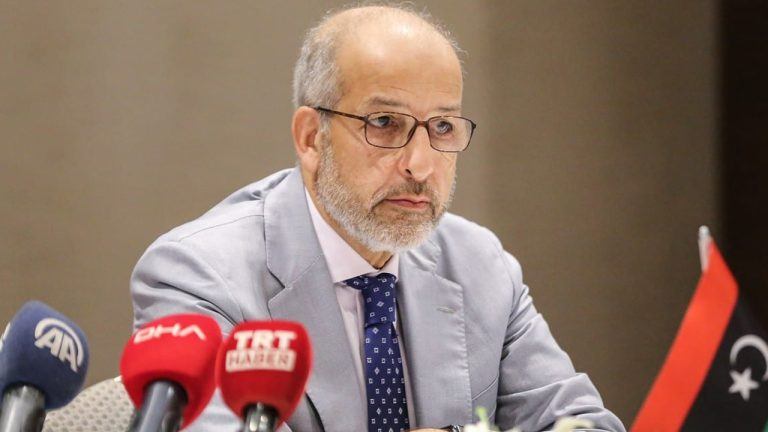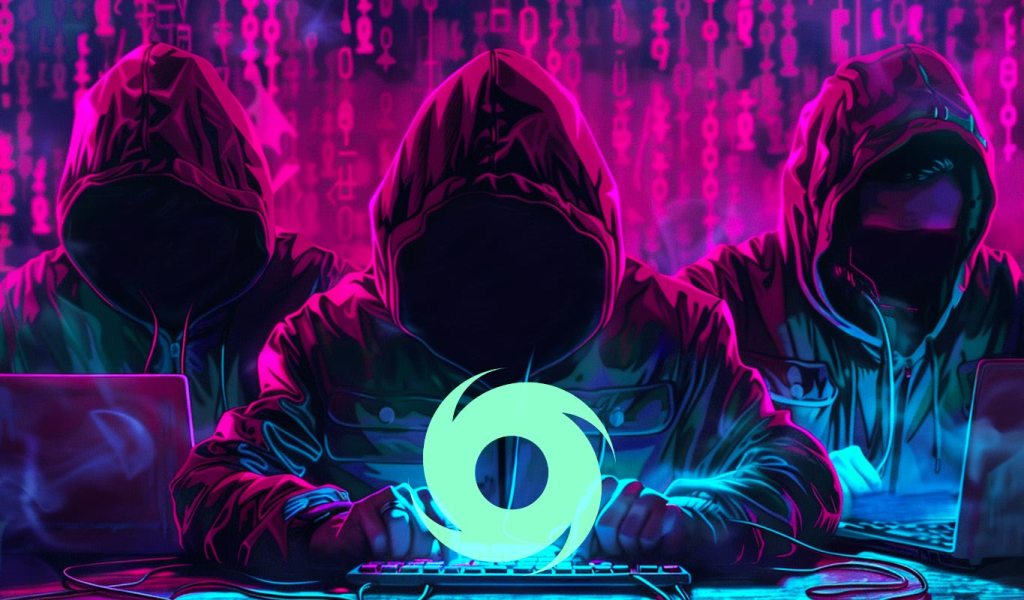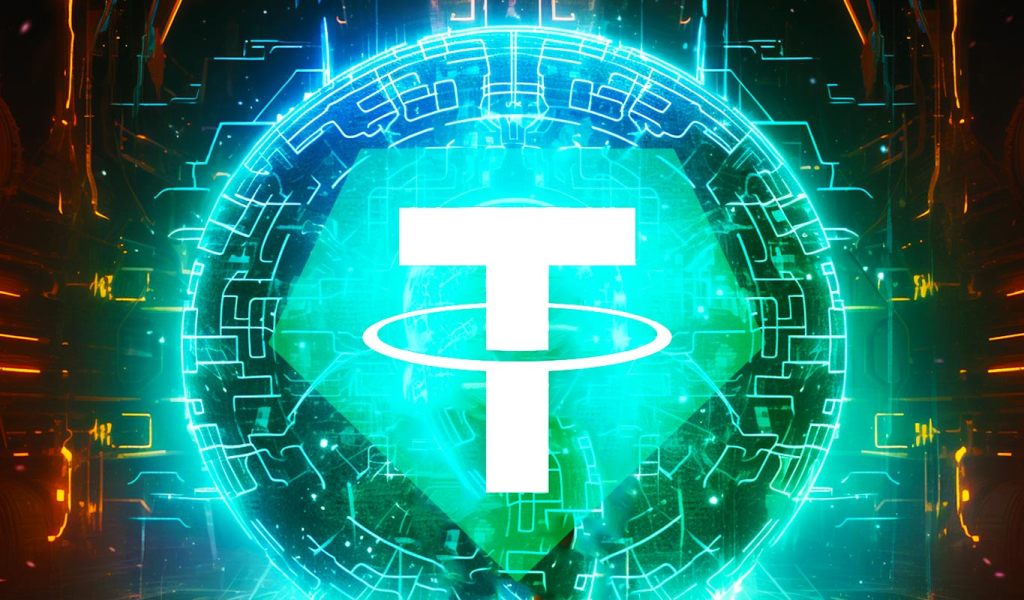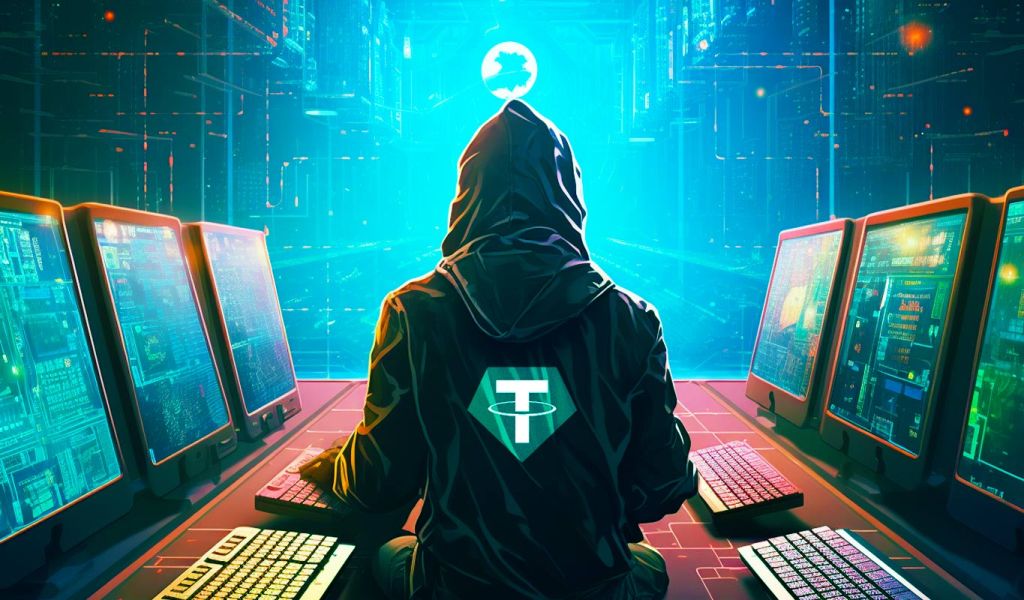 Russian President Vladimir Putin marked the 75th anniversary of the People’s Republic of China by praising the solid partnership between Russia and China. He emphasized the resilience of their economic relationship and increasing trade despite international challenges. Putin also highlighted the significance of their cooperation in multilateral organizations, showing the strategic alignment between the two […]
Russian President Vladimir Putin marked the 75th anniversary of the People’s Republic of China by praising the solid partnership between Russia and China. He emphasized the resilience of their economic relationship and increasing trade despite international challenges. Putin also highlighted the significance of their cooperation in multilateral organizations, showing the strategic alignment between the two […] The government of Argentina has refused to endorse the United Nations Pact for the Future, a framework that proposes solutions for “the biggest challenges of our time.” Foreign Minister Diana Mondino stated on Monday before the UN Assembly that these agendas weren’t binding and that Argentina wanted to have “wings to grow in freedom.” Argentina […]
The government of Argentina has refused to endorse the United Nations Pact for the Future, a framework that proposes solutions for “the biggest challenges of our time.” Foreign Minister Diana Mondino stated on Monday before the UN Assembly that these agendas weren’t binding and that Argentina wanted to have “wings to grow in freedom.” Argentina […] UN Secretary-General António Guterres warned that unregulated artificial intelligence (AI) poses a risk to democratic systems, exacerbating disinformation and gender inequality. He urged countries to establish AI governance guidelines and promote responsible use. Guterres noted AI’s potential benefits, including enhanced public participation and equality, but emphasized the need for international cooperation to mitigate risks. UN […]
UN Secretary-General António Guterres warned that unregulated artificial intelligence (AI) poses a risk to democratic systems, exacerbating disinformation and gender inequality. He urged countries to establish AI governance guidelines and promote responsible use. Guterres noted AI’s potential benefits, including enhanced public participation and equality, but emphasized the need for international cooperation to mitigate risks. UN […] Libya’s central bank governor, Sadiq al-Kabir, has fled the country due to threats and intimidation from armed militias. He claims that these actions are aimed at forcing him and other bank staff to return to work and comply with the interim Prime Minister’s attempts to replace him. For his part, Kabir accuses the Libyan premier […]
Libya’s central bank governor, Sadiq al-Kabir, has fled the country due to threats and intimidation from armed militias. He claims that these actions are aimed at forcing him and other bank staff to return to work and comply with the interim Prime Minister’s attempts to replace him. For his part, Kabir accuses the Libyan premier […]

The United States government is adding $1 trillion to the national debt approximately every 100 days, sparking fears of runaway inflation.
Former President Donald Trump recently proposed using Bitcoin (BTC) or a “crypto check” to pay off the United States government's staggering $35 trillion national debt and avert a looming debt crisis
In an interview with Maria Bartiromo of Fox News, the GOP’s 2024 presidential candidate praised the crypto industry and re-iterated his stance that if America does not innovate on the digital asset front, other countries will. The former president then hinted at the role Bitcoin could play in settling the US national debt:
Trump’s statement is a nod to the power of the supply-capped asset to absorb and transmute US dollar inflation into a new system founded on sound money and blockchain technology.

Members of a United Nations expert panel monitoring North Korea sanctions reportedly found a link between the totalitarian state and the crypto mixer Tornado Cash. According to Reuters, a confidential document from the monitors told the U.N. Security Council sanctions committee that North Korea used Tornado Cash to launder $147.5 million worth of stolen crypto […]
The post UN Experts Say North Korea Laundered $147,500,000 in Stolen Crypto via Tornado Cash in March: Report appeared first on The Daily Hodl.

Stablecoin issuer Tether (USDT) is nearing a $100 billion market cap after adding about $10 billion to its valuation during the last three months. According to new data from crypto ranking platform CoinGecko, USDT has seen its total market cap balloon from $84 billion on October 15th to over $94 billion on January 15th. Last […]
The post Tether (USDT) Nears $100 Billion Market Cap After Printing More Than $10,000,000,000 in Three Months appeared first on The Daily Hodl.

Tether is pushing back against recent accusations from a United Nations agency that its stablecoin, USDT, is used extensively for money laundering and fraud in Asia. In a new report, the United Nations Office on Drugs and Crime (UNODC) claims criminals in East and Southeast Asia prefer to use USDT on the Tron (TRON) blockchain […]
The post Tether Protests UN Accusations of USDT Being Used in Crime, Argues Blockchains Are Impractical for Illicit Use appeared first on The Daily Hodl.

Top stablecoin USDT is the method of choice for money launderers and fraudsters in East and Southeast Asia, according to the United Nations Office on Drugs and Crime (UNODC). The UNODC says in a new report that criminals in the region prefer to use the Tether-issued stablecoin on the Tron (TRON) blockchain due to its […]
The post UN Says Tether (USDT) Method of Choice for Money Launderers and Fraudsters Operating in South-East Asia appeared first on The Daily Hodl.

The United Nations Development Programme (UNDP), which is tasked with eliminating poverty in over 170 countries, wants to educate its 22,000 staff on distributed ledger technology.
A United Nations agency tasked with helping countries eliminate poverty is set to upskill its 22,000 staff in blockchain technology, with the ultimate goal of helping countries achieve “sustainable development” growth.
According to a Nov. 30 statement, the United Nations Development Programme (UNDP) has partnered with the Algorand Foundation to launch a blockchain academy in 2024.
The academy will serve the UNDP's 22,000 staff members across 170 countries, educating them about distributed ledger technology and blockchain, including how it could be used for financial inclusion, supply chain transparency, real-world asset tokenization, and digital identity applications.
During the Algorand Impact Summit in New Delhi, UNDP’s expert for alternative finance and low carbon development, Robert Pasicko, told the audience the partnership will enable the organization to “upskill, empower, and inspire UN practitioners around the world.”
The curriculum will include lectures, workshops, and hands-on assignments and will be “instrumental in equipping our team with the tools needed to address complex global challenges using blockchain technology,” said Pasicko.
Breaking news from #AlgoImpactSummit
— Algorand Foundation (@AlgoFoundation) November 30, 2023
The @UNDP partners with the Algorand Foundation to launch the Algorand Blockchain Academy.
The academy will be made available to over 22,000 United Nations staff in 170+ countries.
https://t.co/wfWBaFOW0E
pic.twitter.com/lCqNEQonrV
Head of education and inclusion at the Algorand Foundation, Doro Unger-Lee, added that education was a “critical first step toward identifying and delivering actionable, on-the-ground use cases of blockchain to help achieve the Sustainable Development Goals in a number of areas.”